Does Every House Have a Septic Tank?
If you’re a homeowner or planning to buy a house, you may be wondering about the septic system.
Specifically, you may wonder if every house has a septic tank and how to determine if your house has one. In this article, we’ll explore the presence of septic tanks and provide essential information about septic systems.
Table of Contents
🚽 Understanding Septic Tanks and Their Purpose
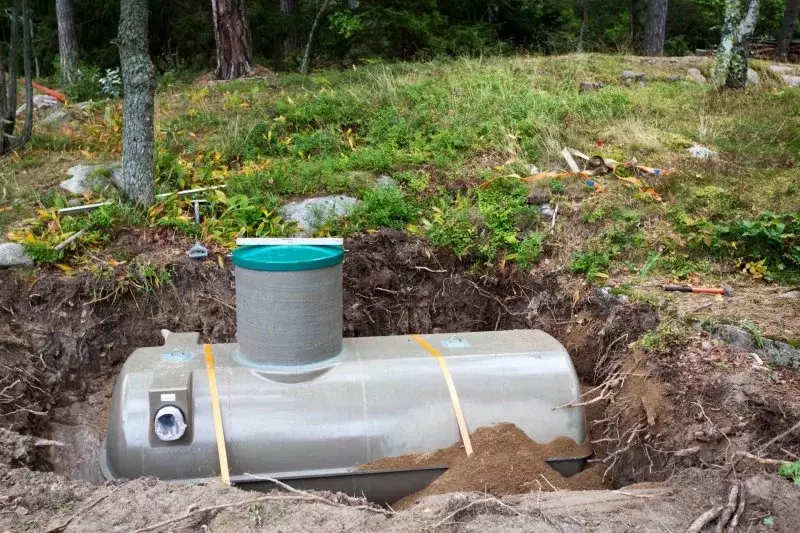
Septic tanks are an essential part of the waste management system in suburban and rural areas where public sewage systems are unavailable.
They are designed to treat and clean the wastewater from your home before it is discharged into the environment.
Septic systems are typically made up of two primary components: the septic tank and the drain field.
The septic tank is a large container that receives wastewater from your home’s plumbing system.
The drain field is a series of pipes and gravel-filled trenches that disperse the treated wastewater into the soil.
💧 What is a Septic Tank?
A septic tank is a watertight container installed underground that receives wastewater from your home.
It is typically made of concrete, fiberglass, or plastic and is designed to hold wastewater for up to three days.
The tank separates the wastewater into three layers: solids that sink to the bottom, sludge that floats to the top, and clear water that sits in the middle.
The clear water is discharged into the drain field, where it is further treated naturally by the soil.
Septic tanks come in various sizes, depending on the size of your home and the number of people living in it.
It is essential to have the right size septic tank to ensure it can handle the amount of wastewater your household generates.
💧 How Does a Septic Tank Work?
A septic tank works by separating the wastewater into three layers, as mentioned above.
The bacteria in the tank break down the sludge and solids into gases and liquids, which can then be discharged into the drain field.
Baffles in the tank prevent the solids from entering the drain field, and the natural filtration processes in the soil help to clean the water before it enters the groundwater.
It is important to note that septic tanks require regular maintenance to ensure they function correctly.
This includes regular pumping to remove the accumulated sludge and solids from the tank.
It is recommended to get a septic tank inspection and have your septic tank pumped every three to five years, depending on the tank size and the amount of waste generated by your household.
💧 Benefits of Having a Septic Tank
One of the primary benefits of having a septic tank is that it is cost-effective and can save you money in the long run.
Septic systems can last for decades if they are properly maintained and can help to reduce your carbon footprint.
Additionally, septic systems can be more reliable than a public sewer system since they are not dependent on electricity to function.
Another benefit of having a septic tank is that it can improve the groundwater quality in your area.
The natural filtration processes in the soil help to remove harmful bacteria and pollutants from the wastewater before it enters the groundwater.
Overall, septic tanks are an essential part of the wastewater treatment system in suburban and rural areas.
They are cost-effective, reliable, and can help to improve the quality of the environment around us.
📗 Related Reading: Pros and Cons of a Septic Tank
🚽 Factors That Determine the Presence of a Septic Tank
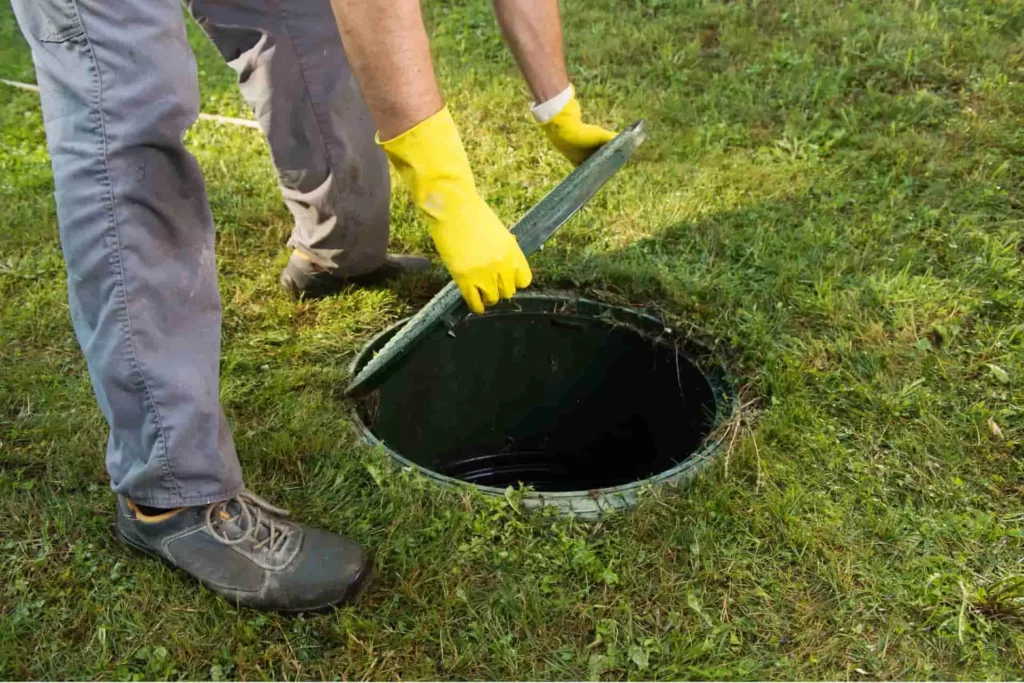
Not all houses have septic tanks, and several factors determine whether or not a house has a septic system.
Let’s explore some of these factors.
💧 Location and Local Regulations
The location of a house can determine whether or not it has a septic system.
Houses in suburban and rural areas are more likely to have septic systems since public sewer systems are unavailable.
Additionally, local government regulations may require houses to have septic systems instead of connecting to a municipal sewer system.
💧 Age of the House
The age of a house can also be an indicator of whether or not it has a septic system.
Older houses are more likely to have septic systems than newer houses since they were more than likely not connected to a public sewage system which was not as prevalent in the past.
💧 Type of Property
The property type can also determine whether or not it has a septic system.
Single-family homes, duplexes, and townhouses are more likely to have septic systems than apartment buildings, condos, or commercial properties.
🚽 Alternatives to Septic Tanks
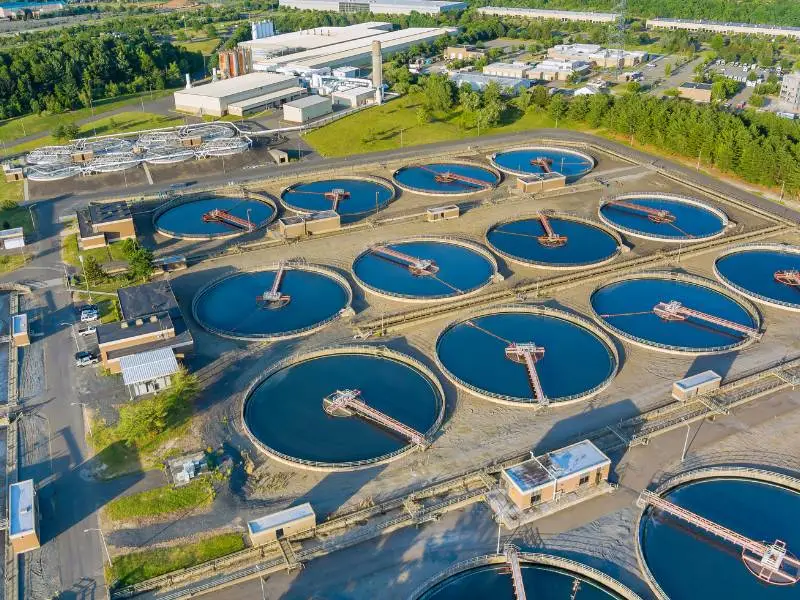
While septic systems are a popular choice for homes without access to public sewage systems, there are alternatives to septic tanks that can be used in certain situations.
💧 Public Sewer Systems
Public sewer systems are the most common alternative to septic tanks.
If your house is within range of a public sewer system, you may be able to connect your house to the line.
This can be more expensive than installing a septic system, but it may be necessary if you live in an area where septic systems are not allowed or if your septic system has failed.
💧 Aerobic Treatment Units
An aerobic treatment unit is a compact wastewater treatment system that uses oxygen to treat wastewater.
These systems are typically used in areas with poor soil conditions or limited space.
💧 Composting Toilets
Composting toilets are another alternative to septic systems.
These toilets treat human waste by breaking it down into compost.
While composting toilets are not ideal for all situations, they can be an excellent option for certain homeowners.
🚽 How to Determine If Your House Has a Septic Tank
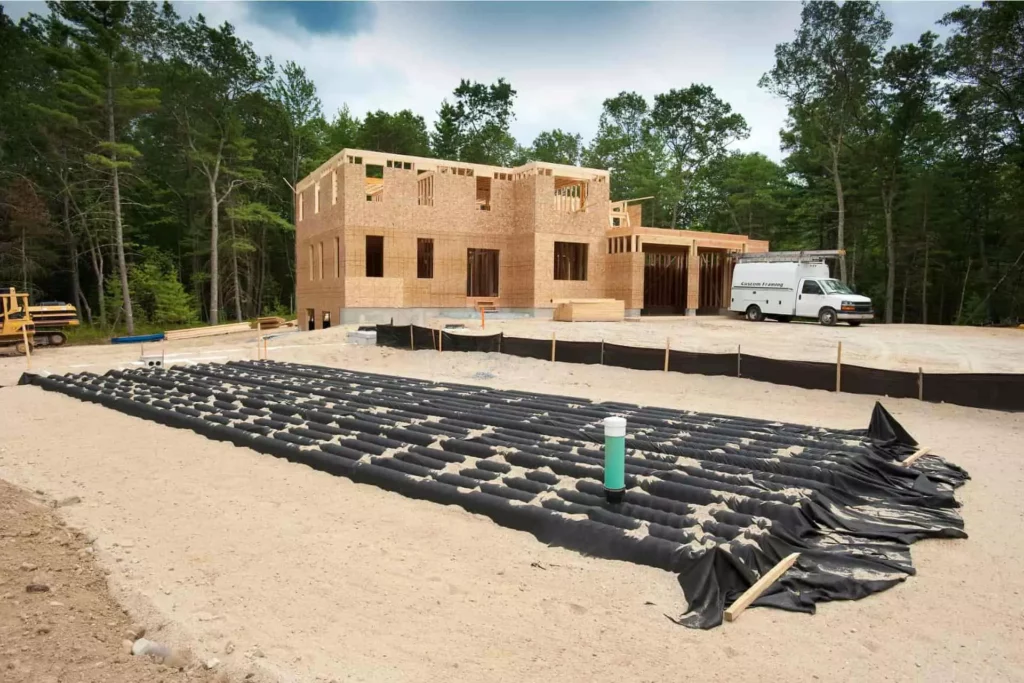
So, how can you determine if your house has a septic system?
Let’s explore some methods.
💧 Checking Property Records
Your property records may indicate whether or not your house has a septic system.
You can check with your local municipality or town office to obtain copies of your homes records.
To determine if the house has a working or decommissioned septic system, consider asking the previous owners or having your agent contact them.
💧 Locating Physical Signs
You can also look for physical signs of a septic system on your property.
Look for a large, rectangular cover in your yard that is flush with the ground.
This cover may be made of concrete or plastic and may have a metal handle.
This is likely the access point to your septic tank.
💧 Hiring a Professional Inspector
If you’re unsure whether or not your house has a septic system, you can hire a professional inspector to assess your property.
A certified inspector can provide more detailed information about the presence and condition of a septic system on your property.
🚽 Final Thoughts on Does Every House Have a Septic Tank
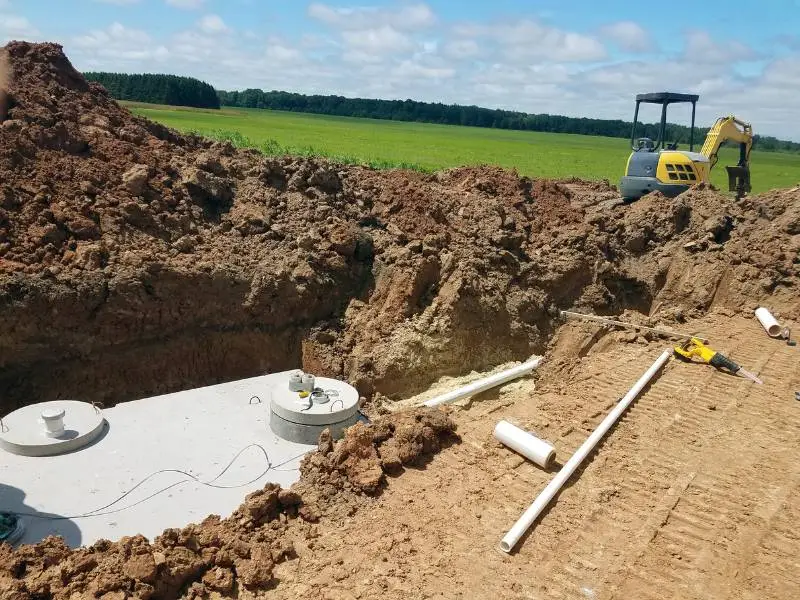
Septic systems are a crucial component of a home’s wastewater treatment system, and they can save homeowners money in the long run.
Not all houses have septic systems, and several factors determine whether or not a house has a septic system.
If you’re unsure whether or not your house has a septic system, you can easily determine this by checking property records, looking for physical signs, or hiring a professional inspector.
Want to learn more about your home’s plumbing problems? Feel free to check out our other plumbing articles!

